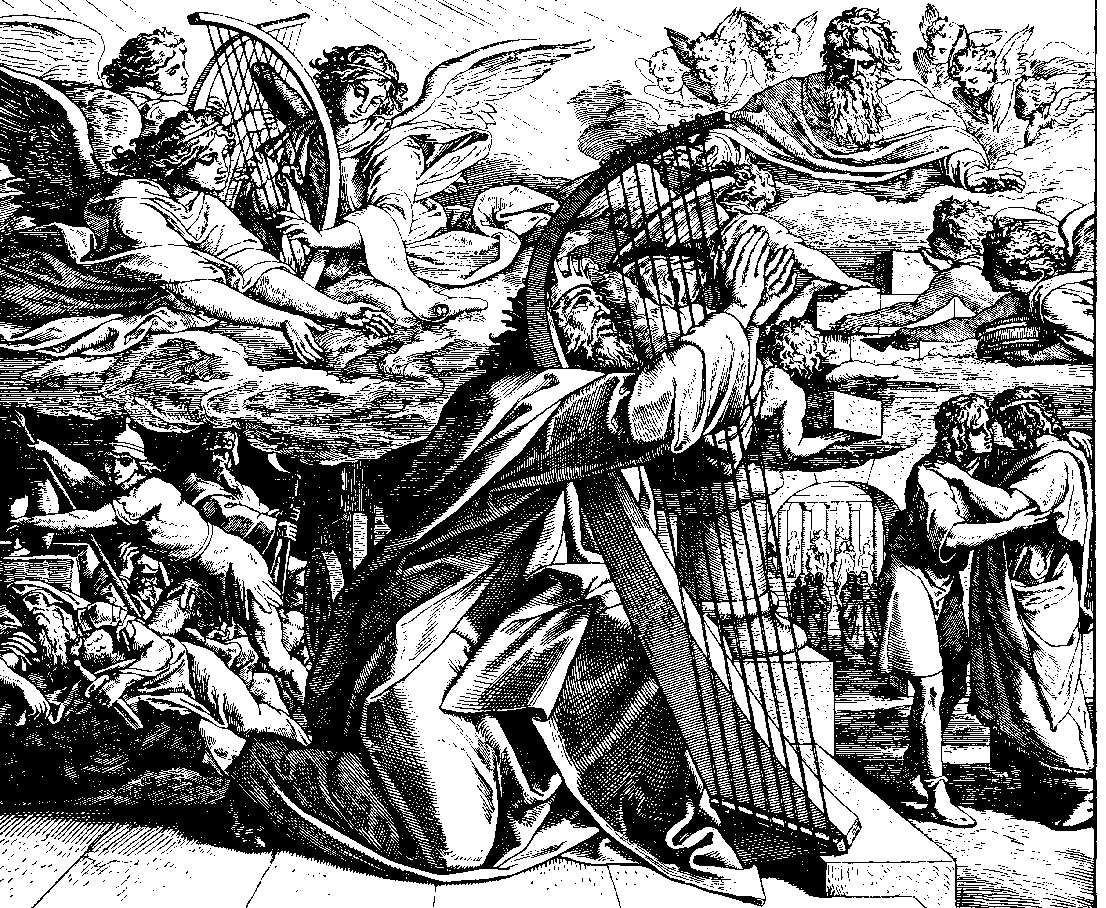Book of Concord
The Defense of the Augsburg Confession
Article XVI: Of Political Order.
61] It is also a most vain delusion that it is Christian perfection not to hold property. For Christian perfection consists not in the contempt of civil ordinances, but in dispositions of the heart, in great fear of God, in great faith, just as Abraham, David, Daniel, even in great wealth and while exercising civil power, were no less 62] perfect than any hermits. But the monks [especially the Barefoot monks] have spread this outward hypocrisy before the eyes of men, so that it could not be seen in what things true perfection exists. With what praises have they brought forward this communion of property, as though it were 63] evangelical! But these praises have the greatest danger, especially since they differ much from the Scriptures. For Scripture does not command that property be common, but the Law of the Decalog, when it says, Ex. 20:15: Thou shalt not steal, distinguishes rights of ownership, and commands each one to hold what is his own. Wyclif manifestly was raging when he said that priests were not allowed to hold property. 64] There are infinite discussions concerning contracts, in reference to which good consciences can never be satisfied unless they know the rule that it is lawful for a Christian to make use of civil ordinances and laws. This rule protects consciences when it teaches that contracts are lawful before God just to the extent that the magistrates or laws approve them.
65] This entire topic concerning civil affairs has been so clearly set forth by our theologians that very many good men occupied in the state and in business have declared that they have been greatly benefited, who before, troubled by the opinion of the monks, were in doubt as to whether the Gospel allowed these civil offices and business. Accordingly, we have recounted these things in order that those without also may understand that by the kind of doctrine which we follow, the authority of magistrates and the dignity of all civil ordinances are not undermined, but are all the more strengthened [and that it is only this doctrine which gives true instruction as to how eminently glorious an office, full of good Christian works, the office of rulers is]. The importance of these matters was greatly obscured previously by those silly monastic opinions, which far preferred the hypocrisy of poverty and humility to the state and the family, although these have God’s command, while this Platonic communion [monasticism] has not God’s command.


